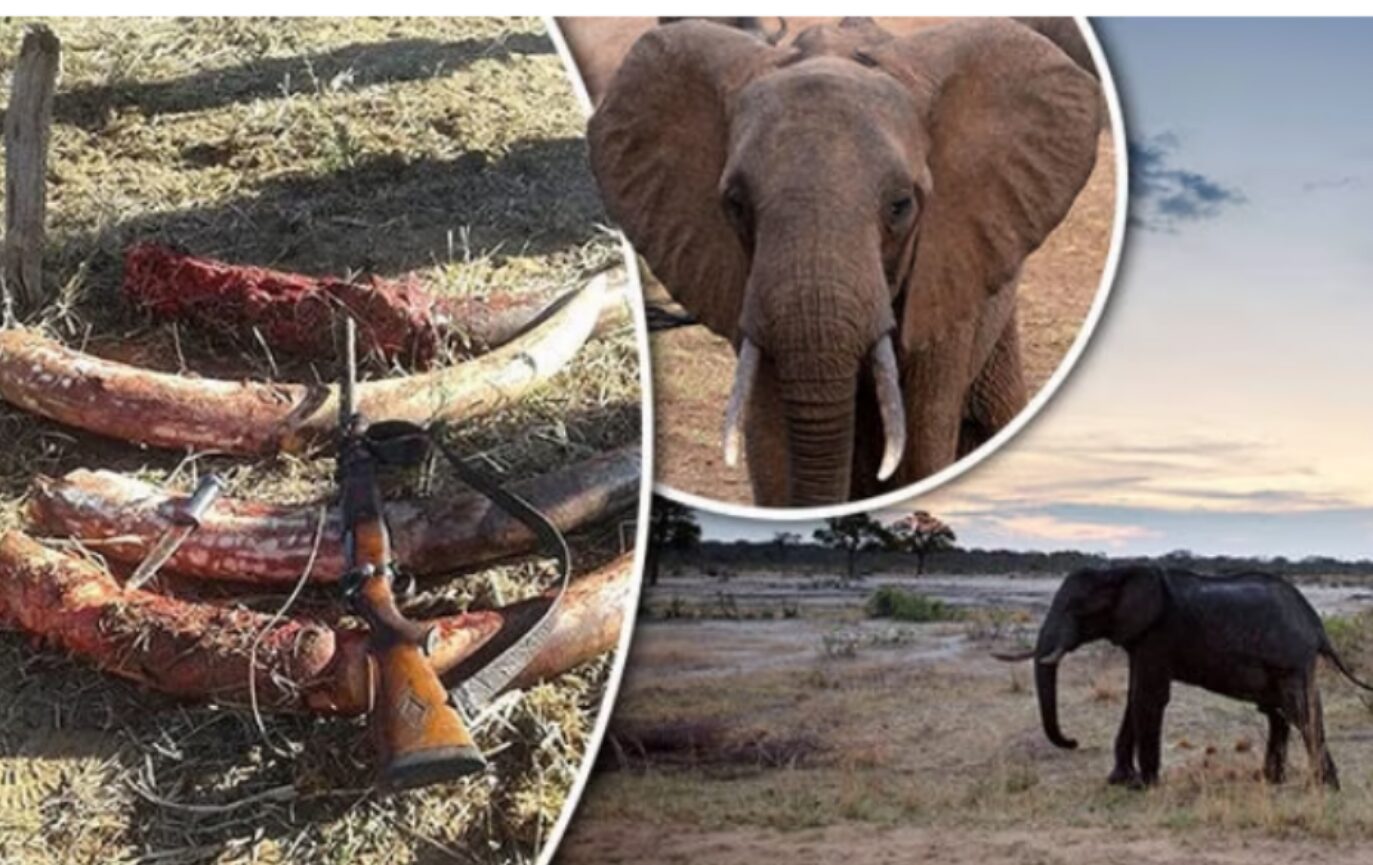A security officer attached to the Presidential Escort Unit (PEU) is among three police officers arrested on Saturday while carrying five elephant tasks weighing 29 kilogrammes and valued at KES 2.9 million.
The Presidential Escort Unit is an elite force that guards the president and his family.
Also arrested is a bodyguard attached to Kapsaret Member of Parliament Oscar Kipchumba Sudi and a court orderly at the Milimani Law Courts in Nairobi.
The three were arrested in Kitengela area of Kajiado county with the tasks on transit to unspecified destinations.
They also had in their possession two pistols and 30 bullets at the time of the arrest on June 15.
Kitengela police boss Patrick Manyasi has confirmed the incident.
Manyasi said the suspects have been on the radar of Kenya Wildlife Services officers for a while now.
The suspects were trailed from Eldoret to Nairobi, and later to Kitengela where the arrest took place.
The four were arrested by officers attached to KWS at a roadblock in Kitengela, officials said.
The suspects are said to have drawn their pistols during their arrest but were subdued.
The suspects were taken to Kitengela Police Station before being transferred to KWS holding in Lang’ata, Nairobi, police said.
Police said the suspects will be charged with the offence of being in Possession of Wildlife Trophies of Endangered Species Contrary to Section 92(4) of the Wildlife Conservation Management Act 2013.
Officials said the seizure shows some elephants had been killed and there is a likelihood the incidents happened in the nearby parks.
The arrests and seizure has shocked many in the service who suspect the officers have been engaging in criminal activities.
The suspects may take longer in custody if they are not charged as there’s an ongoing go-slow by judicial officers over the shooting of a magistrate in Makadara Law Courts.
Elephant tusks fetch a fortune in the black market as a surge in demand for ivory in the East continues to fuel the illicit trade in elephant tusks, especially from Africa.
Officials say despite a ban on the international trade in ivory, African elephants are still being poached in large numbers.
As part of efforts to stop the menace, Kenya has started using high-tech surveillance equipment, including drones, to track poachers and keep tabs on elephants and rhinos.
KWS and stakeholders have put in place mechanisms to eradicate all forms of wildlife crime, particularly poaching.
These mechanisms include enhanced community education, interagency collaboration, and intensive intelligence-led operations, among others.
These efforts led to zero rhino poaching in Kenya in 2020-the first time in about two decades.
At least 20,000 elephants are killed annually in Africa for their ivory.
This translates to 55 elephants killed daily or one elephant killed every 26 minutes with a population of 35,000 elephants.
On April 30, 2016, Kenya set ablaze 105 tonnes of elephant ivory and 1.35 tonnes of rhino horn.
Former President Uhuru Kenyatta led world leaders and conservationists in burning the remains of 6,500 elephants and 450 rhinos killed for their tusks and horn.
Parliament has also passed strict anti-poaching laws and the government has beefed up security at parks to stop poaching, which threatens the vital tourism industry.
Regionally, Kenya has also emerged as a major transit route for ivory destined for Asian markets from eastern and central Africa.
The illegal ivory trade is mostly fuelled by demand in Asia and the Middle East, where elephant tusks and rhino horns are used to make ornaments and traditional medicines.

